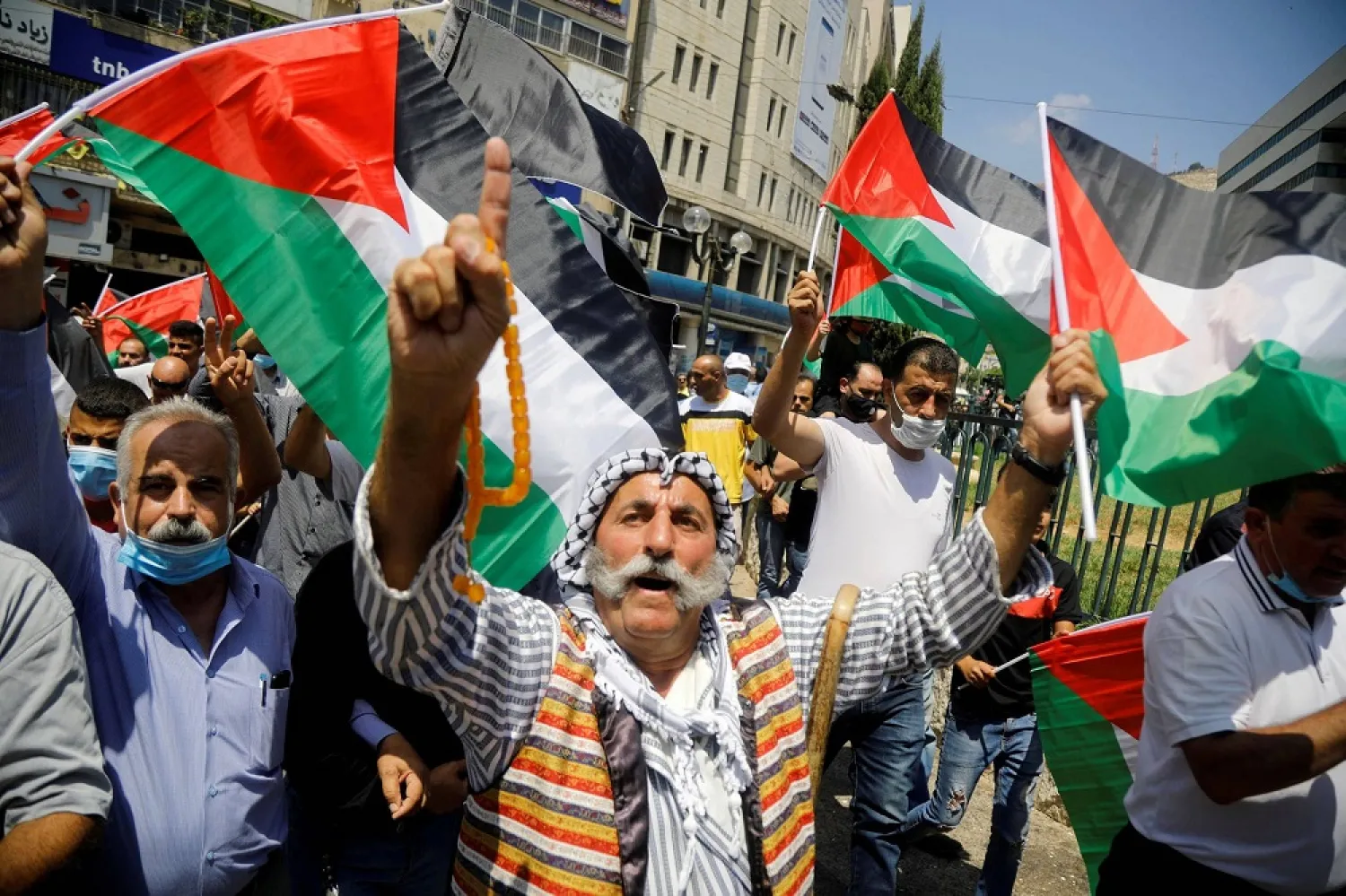Fatah deputy chief Mahmoud al-Aloul revealed that Palestinian President Mahmoud Abbas was under great pressure to change his stance on regional developments.
This pressure will not change the current Palestinian rejection of agreements between Arab countries and Israel to normalize relations, he added.
“We derive our position from the people and their ability to persevere,” he stressed.
The Palestinians have vehemently rejected agreements reached between Arab countries to normalize ties with Israel and have decided to counter such moves by uniting their ranks after years of divisions and disputes.
These efforts led to the establishment on Saturday of the Unified National Command of the Popular Resistance.
In a founding statement, it called for activating popular resistance, under the Palestinian flag. It said Tuesday will be a day of “a popular uprising that rejects” the normalization.
The United Arab Emirates and Israel are expected on Tuesday to sign an agreement that normalizes their relations.
“The popular struggle will only end with the establishment of an independent Palestinian state with Jerusalem as its capital,” continued the statement.
It also called on Palestinians in the diaspora, as well as people in Arab and Islamic countries, to stage rallies in front of American, Israeli and Arab embassies to reject the normalization.
The general secretaries of various Palestinian factions had reached an agreement on September 4 to activate “comprehensive popular resistance” against Israel in wake of the agreements with Arab countries.
The Unified National Command of the Popular Resistance is formed of factions from the West Bank and Gaza, as well as from abroad.
Factions that reject the Oslo Accords have taken advantage of the escalation, with the Hamas movement saying that “comprehensive resistance was the only way to defeat Israel, thwart its plans and liberate the occupied territories.”









